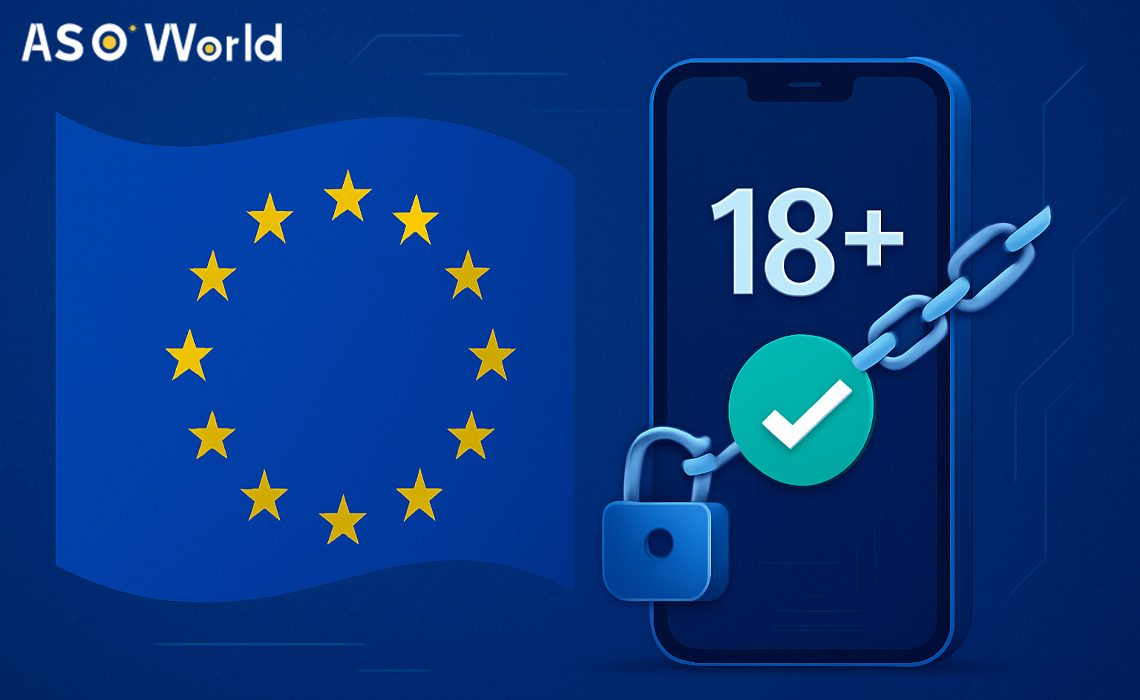The urgency to protect children online has led the UK and EU to implement distinct age verification strategies. The UK’s Online Safety Act, effective July 25, 2025, mandates robust age checks, sparking privacy concerns and a surge in VPN usage.
Meanwhile, the EU is trialing a privacy-focused age verification app in five countries, aiming for a 2026 rollout. This article explores these approaches, their implications, and the rising role of VPNs.
EU’s Privacy-First Age Verification Trial
The European Commission launched an age verification app trial in Denmark, Greece, Spain, France, and Italy on July 14, 2025. This open-source solution allows users to confirm they are over 18 without sharing personal data, aligning with the Digital Services Act (DSA) for child safety.
How It Works
- Minimal Data: Verifies age without exposing identity.
- Future-Ready: Integrates with European Digital Identity Wallets.
- Testing Phase: Five countries pilot the tech, refining it for EU-wide use.
The system is praised as a “new benchmark” for privacy, with ongoing work on zero-knowledge proofs to enhance data security. Full implementation is expected by 2026.
UK’s Age Verification Sparks Privacy Debate
The UK’s Online Safety Act, enforced since July 25, 2025, requires platforms hosting adult or “harmful” content—such as social media, dating apps, and gaming platforms—to verify user ages. Methods include face scans, ID checks, and credit card verification, overseen by Ofcom.
Privacy and Security Risks
- Vague Definitions: “Harmful content” lacks clarity, complicating enforcement.
- Data Concerns: Methods like facial recognition raise surveillance fears.
- VPN Surge: VPN sign-ups spiked dramatically, with Proton VPN reporting a 1,400% hourly increase and AdGuard noting a 2.5x rise since July 25, as users seek to bypass checks by masking their IP addresses.
A petition to repeal the Act has garnered over 340,000 signatures, with critics like Nigel Farage calling it “borderline dystopian” for threatening free speech and data security.
Government Scrutiny on VPNs
UK Science Secretary Peter Kyle has confirmed no plans to ban VPNs but noted the government is “very closely” monitoring their use to bypass age checks. This follows a surge in VPN demand, with data showing a 500%+ increase in usage since the Act’s enforcement.
VPNs, legal in the UK, encrypt connections and spoof IP addresses, allowing users to appear outside the UK and access restricted content. Developers are advised to prioritize robust encryption, transparent no-log policies, and user education on privacy risks, especially with free VPNs, which may harvest data. Regular audits and clear communication can build trust amid heightened scrutiny.
👉 VPN App Case Study: +500% App Downloads in Just 3 Months with ASOWorld Marketing Solutions
Striking a Balance: Safety Meets Privacy
Both regions aim to protect children, but their approaches differ. The EU’s privacy-centric model contrasts with the UK’s broader, riskier mandate. Clear definitions of “harmful content” and minimal data collection are critical to maintaining user trust. VPN providers must navigate this landscape by ensuring secure, privacy-first services to meet rising demand.
Editor’s Comments
The EU’s measured, privacy-focused trial may set a global standard if successful by 2026, while the UK’s rushed rollout fuels privacy backlash and VPN reliance. The UK’s vague “harmful content” definition and invasive methods risk alienating users, as evidenced by the petition’s 340,000+ signatures.
VPN providers face a dual challenge: meeting demand while avoiding regulatory crackdowns. Strengthening encryption and transparency will be key.
Globally, these developments could shape internet regulation, but success depends on balancing child safety with digital rights. Zero-knowledge proofs may offer a path forward, but the UK’s experience highlights the perils of ambiguous enforcement.

